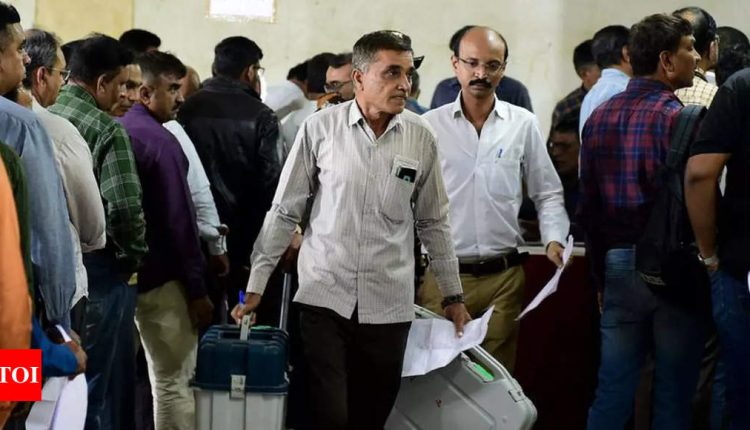Sources indicated that the EC, convinced that the changes it had proposed in October in the manifesto guidelines, which form part of the model code, will enhance financial transparency on poll promises and help the voter make an informed decision, is likely to go ahead with the necessary changes. In all probability, the assembly elections in Meghalaya, Nagaland, Tripura and Karnataka — due in the first half of 2023 — will see rollout of the standardised declaration by parties on promise-wise expenditure, targeted beneficiaries and intended sources of funding of their manifesto promises.
That the EC was never in doubt about its initiative was evident when CEC Rajiv Kumar had, while announcing polls in Himachal in October, pointed to a large number of democracies across the world facing serious macro-economic crises on account of populism. He had clarified that the EC’s basic principle behind mooting a standardised format for disclosures by parties on source of funding of their promises was to balance the democratic right of the parties to make poll promises with their responsibility to offer the voter transparency on economic aspects of those promises.
“Our existing MCC guidelines talk of two things — which is also the judicial pronouncement (by the Supreme Court) in the Balaji case — rationale of the promise and ways and means to fulfil that promise. What is being attempted (by EC) is only to provide a standardised format to make that rationale as well as ways and means known. Let the voter decide,” said Kumar, who TOI learned, had to devise the standardised proforma from scratch in the absence of any blueprint.
Incidentally, the EC has refrained from getting into the issue of defining a “freebie” or distinguishing it from a poll promise. An EC official said apart from requiring transparency from parties on poll promises, the standardised format would also require the party in power to offer a report card on the state of its finances as it seeks re-election.
TOI has learned that the EC may have consciously chosen not to move ahead with the proposal it had circulated to around 60 recognised national and regional parties on October 4, 2022, and sought their comments by October 19, as the assembly polls in Himachal and Gujarat as well as other bypolls got under way. There was a sense that rushing the initiative on financial transparency of poll promises could lead to a situation where the EC may be seen as siding with the BJP, which has been at the forefront of the campaign against “poll freebies”.


